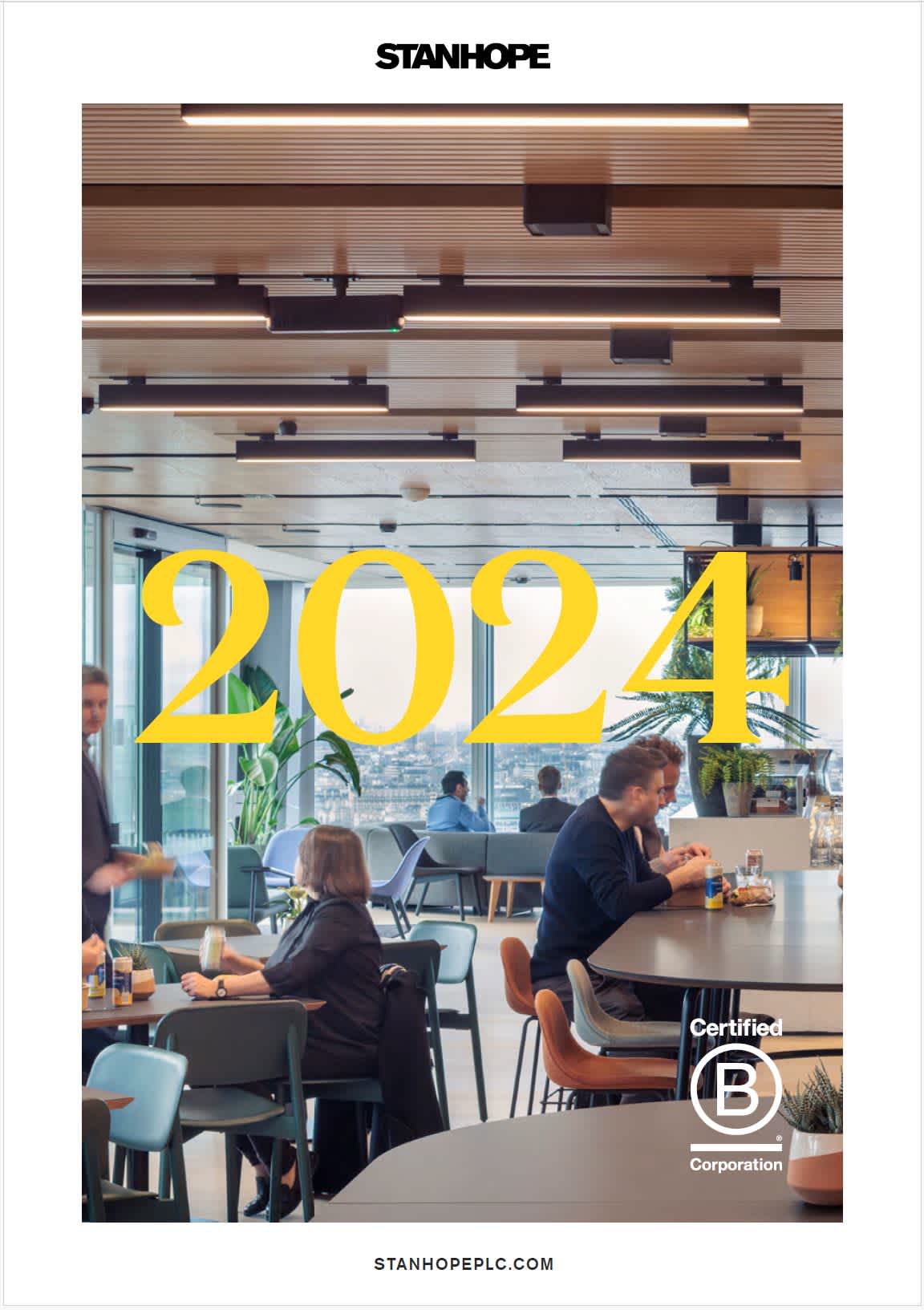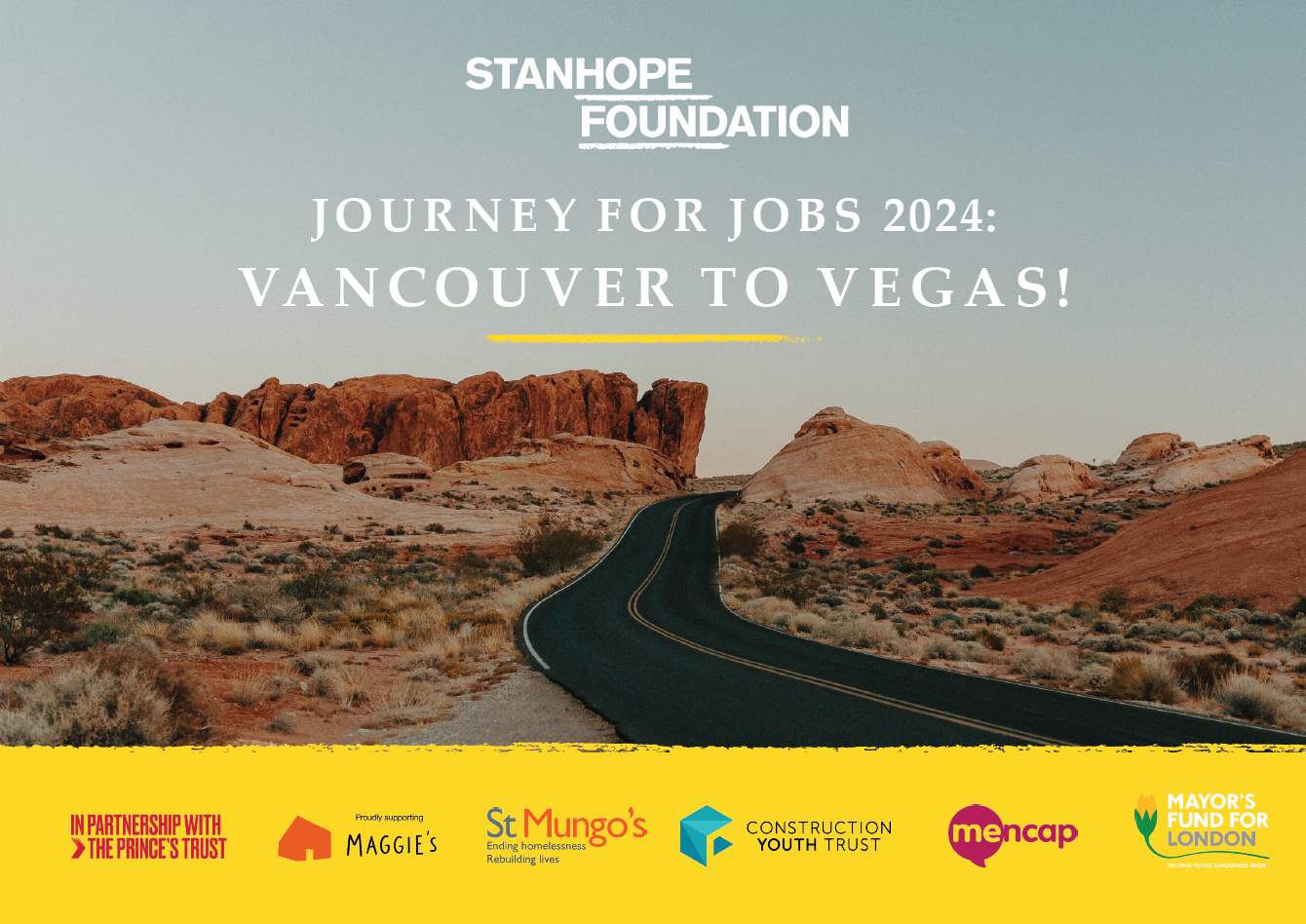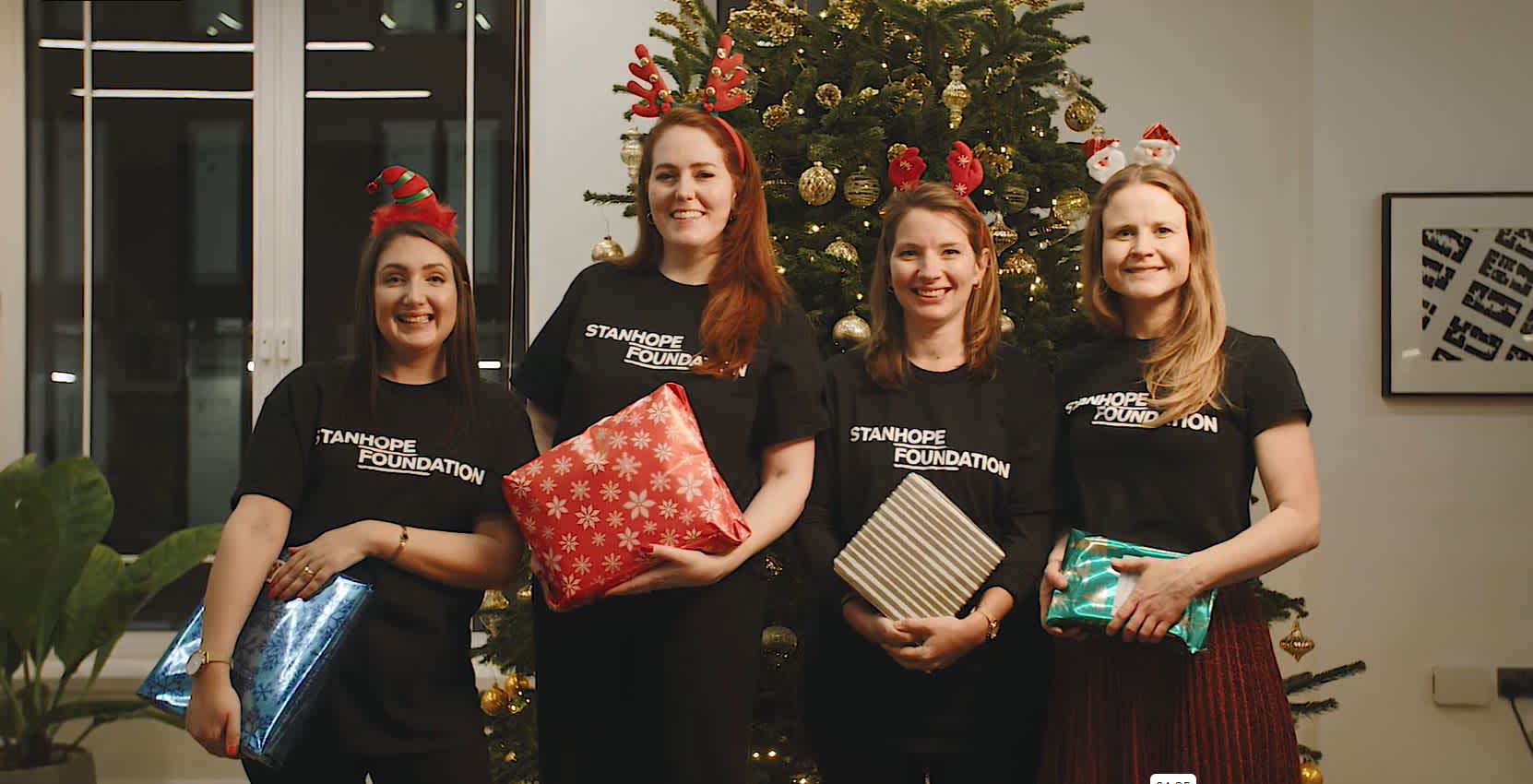Stanhope Foundation volunteers with St Mungo's on a street count
Alice Reid
On a Monday night, when I would usually be practically in my pyjamas, I left home and got a train into Victoria to spend a few hours helping the St Mungo’s Outreach team. I had been given the call up a few hours before as another volunteer had had to cancel last minute, and without someone helping, a whole area of Westminster would not have been covered that night. The team do 18 shifts a week and are heavily dependent on volunteers to cover the ground. Outreach workers manage the interactions, but volunteers are needed there to support.
Westminster is a huge borough and has some of the highest rates of homelessness despite being an affluent area, home to our Prime Minister, the Royal Family and the Houses of Parliament. Two of us set off to cover the north of the borough, following a trail set out for us through Street link referrals. A lot of the places we went were empty (the person obviously having moved on, or not ‘bedded down’ for the night yet) and we only got 50% of the way though our map before the shift was finished and I had to get the last train home.
We did, however, manage to talk to a few people and the few minutes spent with them was an insight that I wouldn’t have had had I not volunteered. In one case, the man refused help, but the Outreach Worker said that she had noted down his details on their database and would return the next night to try again, and again, and again. Many of the people we passed were well known to her, and she knew their cases in detail. Lots were ex-home office accommodation residents, ready to work and be a part of society but not knowing where to go. There is a lack of emergency bedding for these people and highlights the importance of the work we fund; getting people back into employment and in turn freeing up bed space for others.
It was reassuring to me that whilst most of us are winding down for the day, putting the kids to bed and turning out the lights, there are teams of people starting their shifts, preparing to help the vulnerable people we have all seen and walked past in the street. I’m glad I could help in a small way and will be joining them for another shift, perhaps regularly. I would encourage everyone to do the same.
Charles Walford
On a cold night in January, I volunteered to walk alongside a St Mungo’s Outreach worker as a ‘verifier’ for a Street Count, between the hours of 11pm and 4am. Street counts occur every three months and are needed to assess levels of rough sleeping in any one area – in the case of my shift, in Westminster. The counts provide a measure of ‘visible rough sleeping’ – a snapshot at a single point in time.
I knew my role meant a lot of walking, guided by an Outreach worker, but I didn’t really know what to expect other than that. I donned my comfortable walking shoes and set out into the night.
The small insight into rough sleeping I experienced over a few hours covering Victoria to Knightsbridge, was challenging on a number of levels. The most surprising reaction I had was that some people were reluctant to engage with assistance as they don’t want to be “in the system”, with access to a bed and other services including help with employment. This was for a myriad of reasons including that they are afraid to impart personal information, have had a bad experiences or just prefer to be outside the system. They seem to be completely isolated, with no access to benefits. On the contrary others desperately do want to be cared for with a bed for the night and helped with routes out of homelessness. The people I met were from the UK but also from abroad.
Many people freely shared that they had mental health issues, with one 63-year-old we met seemingly having given up on life. He had abandoned his medications in Oxford and had no way of returning as he had missed his bus and had no cash. This meant he was also going to miss a court appearance, resulting in a return to a custodial sentence. In another case, a vulnerable lady was adamant (following years in hostels that she chose to leave) that she didn’t want to return and perceived her way to a permanent home was through getting a job first. What was clear to me was that life on the streets is a tough and it takes its toll. I was shocked to realise that one man we spoke to who I presumed was in his 40s was actually 26.
I’m glad I volunteered (17,000 steps later!) as I found it an eye-opening experience. It made me eager to spend more time understanding how people had ended up on the street. I would encourage those that can to lend a hand to the St Mungo’s Outreach team (who are always in need of volunteers) and learn more about the complexities supporting someone who lives on our streets.
More recent news
All newsStanhope is set to become the asset manager for its landmark scheme, 8 Bishopsgate, which it developed on behalf of Mitsubishi Estate London.
Stanhope Foundation’s Journey for Jobs race – Vancouver to Vegas is now on!
Mitsui Fudosan UK and Stanhope, as the development manager, have announced the start of construction on two new residential buildings at Television Centre which forms part of the second phase of the Television Centre masterplan in White City, London.
We are excited to announce our move to level 33 of 8 Bishopsgate, taking 8,300 sq. ft. at the landmark scheme we developed on behalf of Mitsubishi Estate London.
Stanhope is set to become the asset manager for its landmark scheme, 8 Bishopsgate, which it developed on behalf of Mitsubishi Estate London.
Mitsui Fudosan UK and Stanhope, as the development manager, have announced the start of construction on two new residential buildings at Television Centre which forms part of the second phase of the Television Centre masterplan in White City, London.
We are excited to announce our move to level 33 of 8 Bishopsgate, taking 8,300 sq. ft. at the landmark scheme we developed on behalf of Mitsubishi Estate London.
Stanhope Foundation’s Journey for Jobs race – Vancouver to Vegas is now on!





